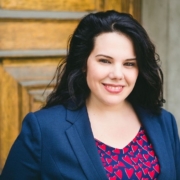 Zodiac Sign – Virgo
Zodiac Sign – Virgo
In Spanish, we know the month of Elul as ‘El ultimo’ meaning the last month of the year and the most sacred. Elul is the sixth month of the Jewish year (counting from Nisan), which immediately precedes Rosh Hashanah. It is traditionally a month of introspection and stocktaking — a time to review one’s deeds and spiritual progress over the past year and prepare for the upcoming “Days of Awe” of Rosh Hashanah and Yom Kippur. The word “Elul,” aleph, lamed, vav and lamed, are an acronym for the phrase (from the biblical Song of Songs) ani l’dodi v’dodi li, which means “I am to my beloved and my beloved is to me.”
To uncover the essential meaning of the word Elul we need to analyze the letters that comprise it, their numerical value, their form and their meaning. “Elul” is comprised of an aleph, followed by a lamed, followed by a vav, followed by the final letter, another lamed. The first letter in “Elul” is also the first letter in the Hebrew alphabet. The letter aleph is numerically equivalent to one, which represents the idea of G‑d’s total unity.
Believing that the “beloved” refers to God, the sages take this verse to describe the particularly loving and close relationship between God and Israel. During Elul, then, is our time to establish this closeness so that we can approach the Yamim Noraim, or Days of Awe, in trusting acceptance of God’s judgment. We approach the trial not out of fear, but out of love. As the month of “Divine Mercy and Forgiveness”, it is a most opportune time for teshuvah (“return” to G-d), prayer, charity, and increased “Ahavat Yisrael” (love for a fellow Jew) in the quest for self-improvement and coming closer to G-d.
Chassidic master Rabbi Schneur Zalman of Liadi likens the month of Elul to a time when “the king is in the field” and, in contrast to when he is in the royal palace, “everyone who so desires is permitted to meet him, and he receives them all with a cheerful countenance and shows a smiling face to them all.”
The letter of the month is yud which signifies action. It is the smallest letter in the alphabet alluding to humility. Therefore, the attribute of the month is ACTION. Teshuva is a state of mind but it is not enough without the action. As it is said, we first do and then we will understand. We also need to review our Mitzvot and increase Tzedaka. The limb of the month is the left hand; Tefillin are worn on the left hand.
The permutation of the month hey-hey-vav-yud from Deutoronomy 6:25.
וּצְדָקָ֖ה תִּֽהְיֶה־לָּ֑נוּ כִּֽי־נִשְׁמֹ֨ר לַעֲשׂ֜וֹת אֶת־כׇּל־הַמִּצְוָ֣ה הַזֹּ֗את לִפְנֵ֛י יְהֹוָ֥ה אֱלֹהֵ֖ינוּ כַּאֲשֶׁ֥ר צִוָּֽנוּ׃ {ס}
It will be therefore to our merit before our God יהוה to observe faithfully this whole Instruction, as [God] has commanded us.
During the month of Elul each day we strengthen ourselves to become warriors, we aim to be victorious to become a new vessel with G/d’s help. Ken Yehi Ratzon.
“May you be inscribed and sealed for a good year” (L”shanah tovah tikateiv veteichateim)
By Teresa Quiroz, on behalf of Women of Holy Blossom
Shacharit Service: Friday, August 18, 2023, 7:30 am ET, in-person or via Zoom at https://zoom.us/j/93902401402?pwd=dGlOR2dEcGs1RVc0OVFwdkFtOVo5UT09
Password: 667580
For other upcoming dates and why Rosh Chodesh is special for women see https://holyblossomdev.wpenginepowered.com/rosh-chodesh/


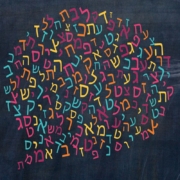
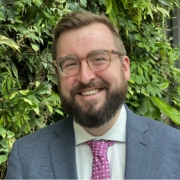
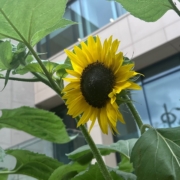

 Considering we’ve never grown sunflowers before, we assumed they would at most be about 3-4ft tall. Imagine my surprise when they shot past me and now stand at about 9ft tall. We all learned about gardening this year, and I have plans and knowledge now to be sure next year the plant life at Holy Blossom will be a success.
Considering we’ve never grown sunflowers before, we assumed they would at most be about 3-4ft tall. Imagine my surprise when they shot past me and now stand at about 9ft tall. We all learned about gardening this year, and I have plans and knowledge now to be sure next year the plant life at Holy Blossom will be a success.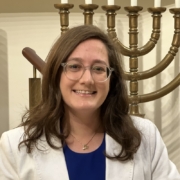

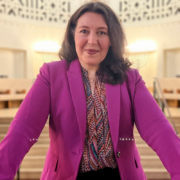

 Zodiac Sign – Virgo
Zodiac Sign – Virgo